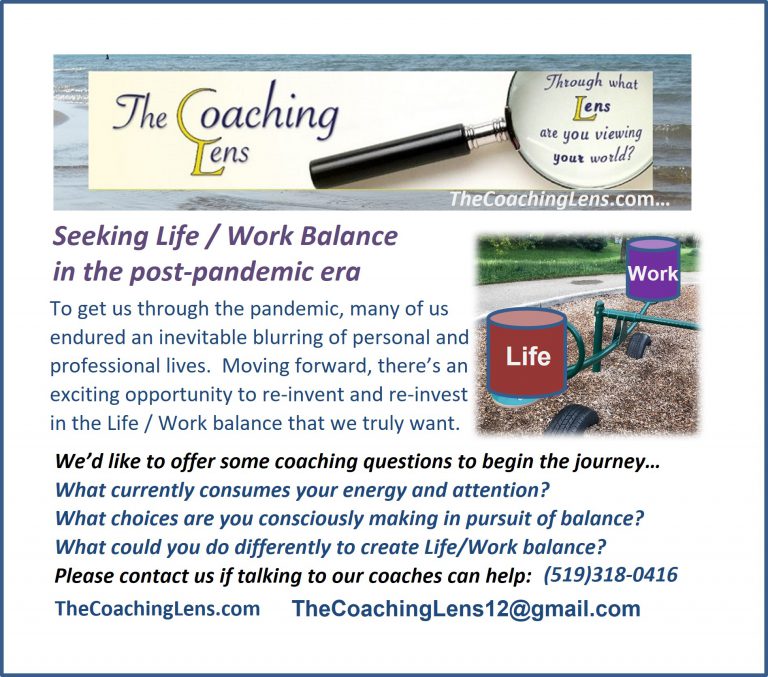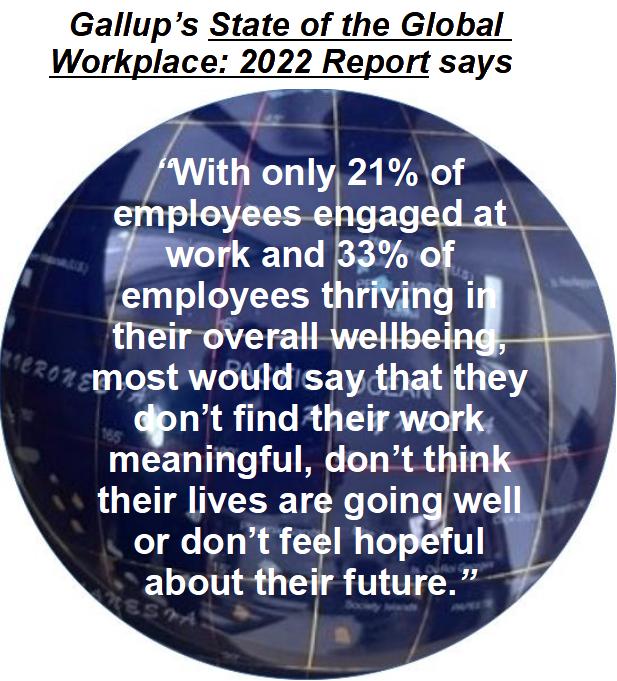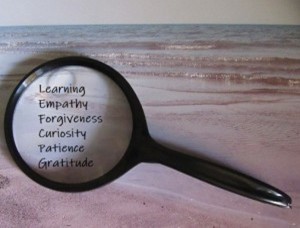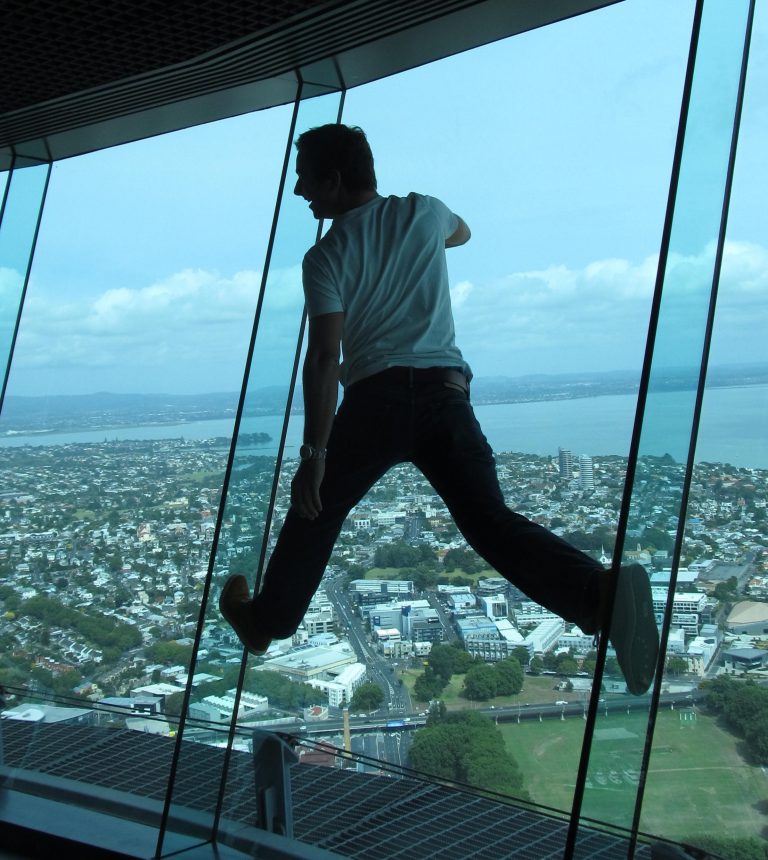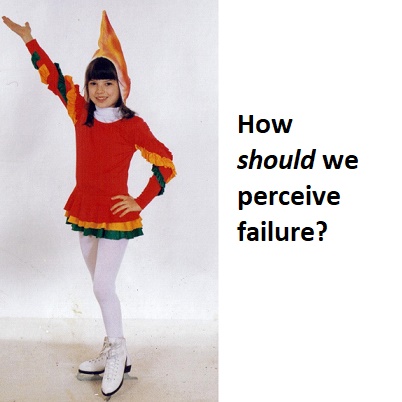
Whoever said failure was not an option was clearly not taking into account how often it happens and how important a part failure plays along the road to success.
Take for example, our tale of two figure-skating siblings, both lacing up skates almost as soon as they could walk. Candace was a natural, twirling and leaping gracefully around the ice and winning almost every time she competed from age six to thirteen. Meanwhile brother Zach loved skating, but for the same effort and practice, was an inconsistent winner, placing first as often as he didn’t even make it to the finals.
Candace’s winning streak came to a harsh end when she fell and broke an ankle during a national championship. She was shattered in every way, believing her skating career was over. It took a year of recovery before she could stand on skates again and then she faced an uphill battle to regain her former prowess and even more difficult, to rebuild her confidence. In frustration, she tried some sports she had never previously made time for and found that although way behind her peers, her natural ability let her catch up and begin to win, and lose, some competitions. When she was ready to compete on ice again, she found that becoming a more well-rounded athlete, along with experiencing both winning and losing, had given her more resources and more confidence to earn the medals she went on to achieve.
Brother Zach? His path to success dealt with failure on a regular basis and he benefited from it. He learned to reflect on his result and set goals on which to work before the next competition. As he learned from each setback he was carefully stacking the building blocks of his confidence, ultimately winning as many medals as his sister.
Thinking in terms of Tim Gallwey’s model “Performance = potential – interference”, we urge everyone to perceive failure as potential for learning, motivation and perspective rather than as confidence-sapping interference. Is it easy to do that amidst the negative emotions and fear evoked by failure? Nope. But as parents and coaches we can provide empathy and perspective. We can empathize with the emotions, acknowledge the fear, and provide a wider perspective wherein lie the steps and solutions to move confidently forward again.

